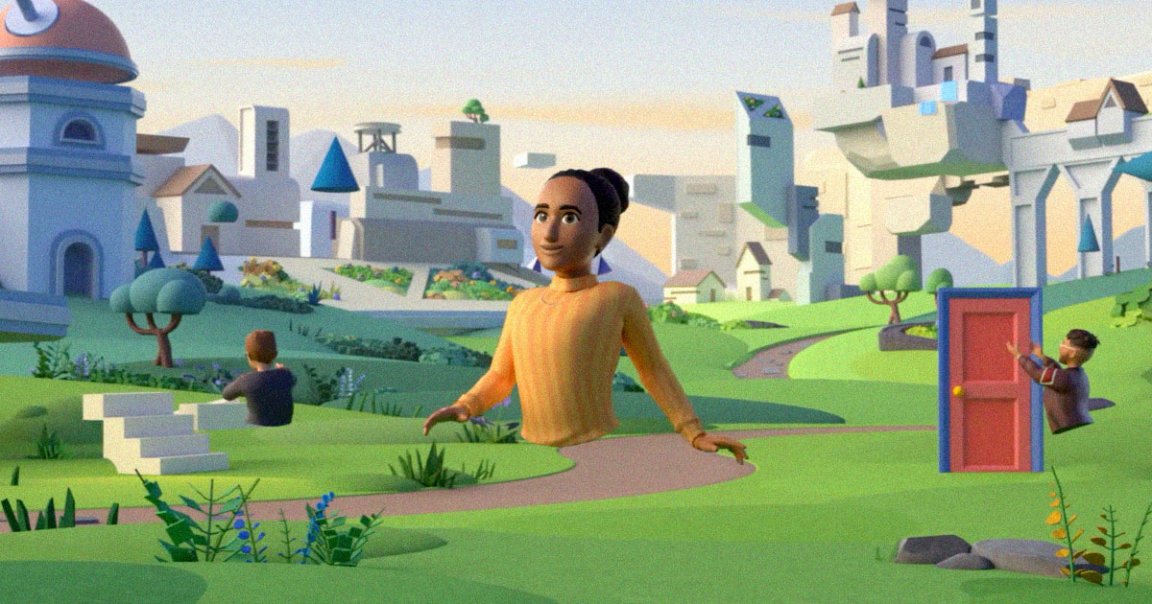
Formerly-known-as-Facebook megacorporation Meta’s virtual reality platform Horizon Worlds has barely made it out to the public, and users are already being sexually harassed and even assaulted, The Verge reports.
“Sexual harassment is no joke on the regular internet, but being in VR adds another layer that makes the event more intense,” the user wrote in Facebook’s official Horizon group, as quoted by The Verge. “Not only was I groped last night, but there were other people there who supported this behavior which made me feel isolated in the Plaza.”
Meta’s VP of Horizon, Vivek Sharma, called the situation “absolutely unfortunate” in an interview with The Verge.
“That’s good feedback still for us because I want to make [the Safe Zone feature] trivially easy and findable,” Sharma told The Verge.
Rather than ensuring Horizon Worlds doesn’t foster a culture of strangers groping each other in VR, Meta is hoping to make the problem go away by making adjustments to its tools. The company says users can turn on a feature called “Safe Zone,” which creates an impenetrable bubble around the user when they want more space.
But personal space is likely to be a galling problem for social VR applications.
“I think people should keep in mind that sexual harassment has never had to be a physical thing,” Jesse Fox, an associate professor at Ohio State University, told MIT Technology Review. “It can be verbal, and yes, it can be a virtual experience as well.”
Bloomberg columnist Parmy Olson also wasn’t exactly impressed by Meta’s VR experience, either. Once in the VR lobby of Horizon Venues — Meta’s VR events platform that is serving as Horizon Worlds’ precursor — she was being surrounded by a “group of male avatars” who started taking pictures of her.
“One by one, they began handing the photos to me,” Olson writes. “The experience was awkward and I felt a bit like a specimen.”
Olson also noted that her conversations with other users were constantly disrupted by children screeching into their microphones — despite the fact that the VR platform is putatively limited to US or Canadian users who are above 18.
Meta’s approach isn’t exactly confidence-inspiring, and seems to continue themes of controversy from Facebook’s history. It’s shifting at least some of the responsibility to its users by giving them tools like Safe Zone, in addition to assigning moderators to each VR space.
“We will continue to improve our UI and to better understand how people use our tools so that users are able to report things easily and reliably,” Meta spokesperson Kristina Milian told Tech Review. “Our goal is to make Horizon Worlds safe, and we are committed to doing that work.”
But will UI tweaks really tackle the underlying issues of unwanted advances and harassment? Facebook has repeatedly proven that it’s unable to protect its users on its existing platforms.
And that doesn’t bode well for its Metaverse.
READ MORE: The metaverse has a groping problem already [MIT Technology Review]
More on Meta: How to Talk to Your Family About the Metaverse